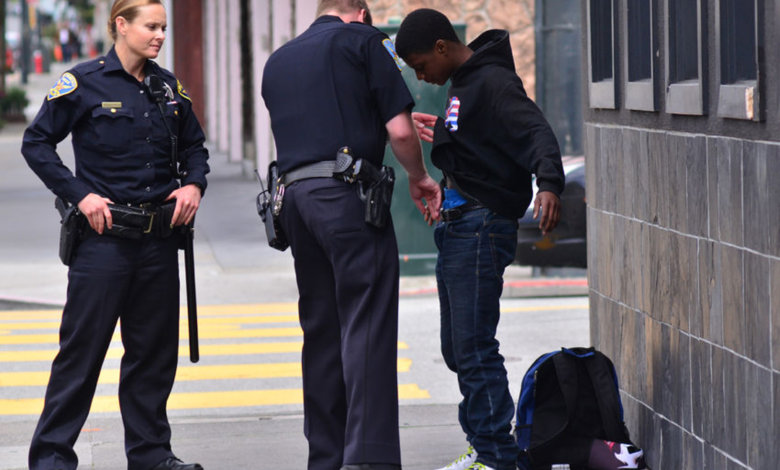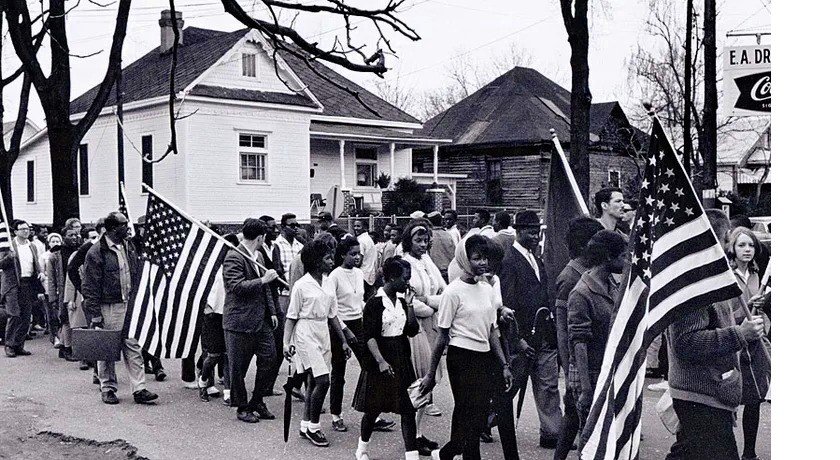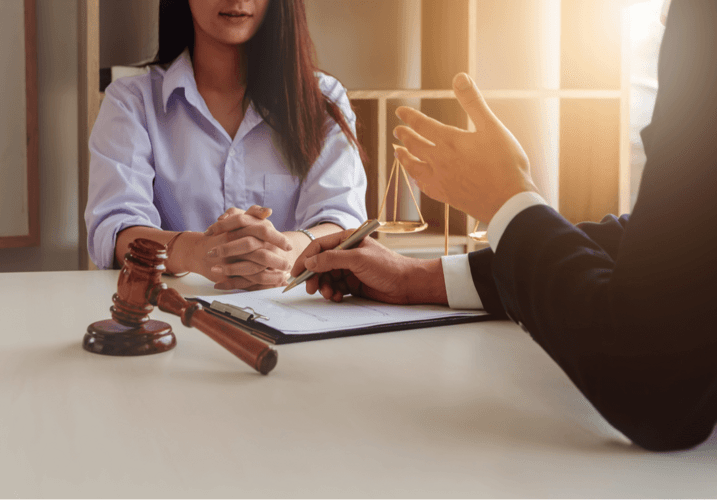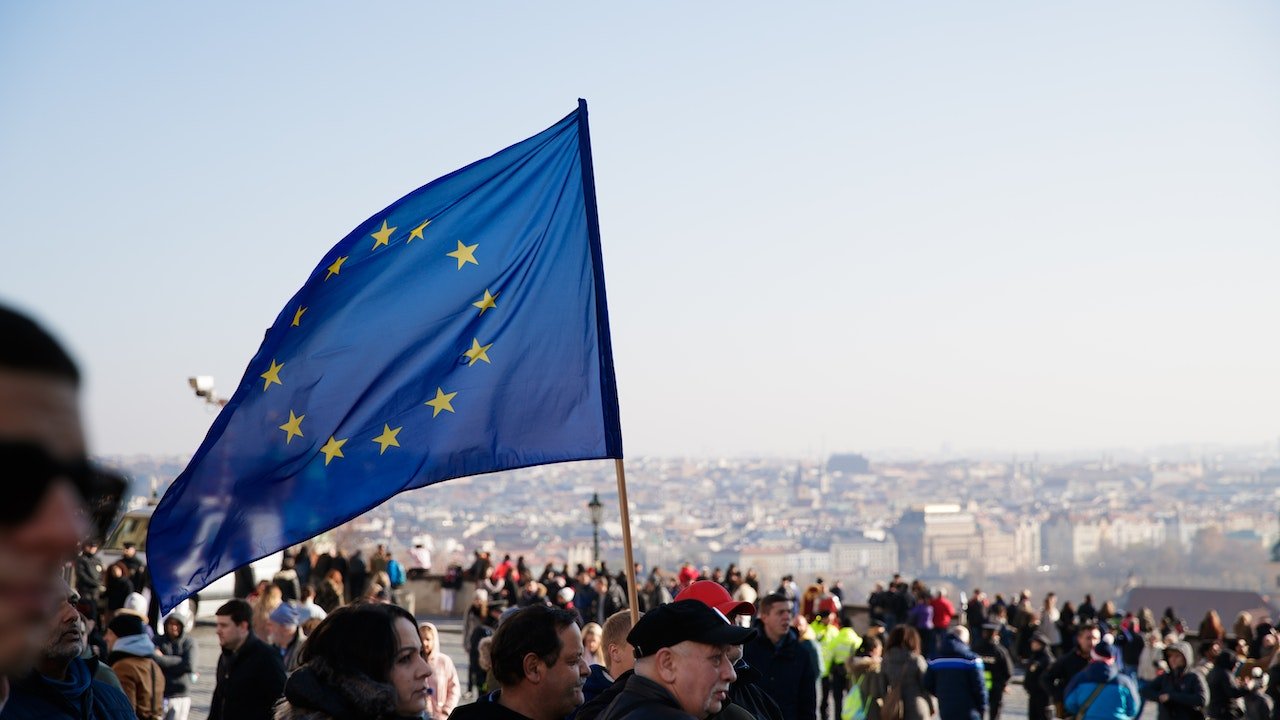Police Misconduct: Protecting Your Rights in 2024
Protect your rights in 2024 by understanding police misconduct. Learn legal rights, actions, and reforms against misconduct. Essential guide.

Police misbehaviour is a serious problem that will continue to affect society in 2024, therefore knowing how to defend your rights is crucial. Police misbehaviour, such as using excessive force, making erroneous arrests, and racial profiling, erodes public confidence and jeopardises the credibility of law enforcement. It’s critical now more than ever to understand your legal rights and what to do if you witness police wrongdoing because of changing legislation and raised awareness.
Knowing your rights will enable you to seek justice and take the proper measures if you become a victim of police misconduct or witness it. This article is to offer thorough guidance on identifying misbehaviour, recording instances, and taking use of victims’ legal rights. You can support the advancement of a just and fair society and hold law enforcement officials responsible by remaining aware and active.
Police Misconduct
Definition and Examples
When police officers act improperly or illegally while performing their official duties, it is referred to as police misconduct. Numerous actions, including using excessive force, making a false arrest, racial profiling, and corruption, can fall under this category. Police misbehaviour includes things like accepting bribes or employing excessive force when making an arrest.
Legal Implications
Engaging in misconduct can result in severe consequences for the involved officers, including criminal charges, civil lawsuits, and disciplinary actions like suspension or termination. Victims of police misconduct also have legal avenues to seek justice and compensation for their suffering.
Common Types of Police Misconduct
Excessive Force
This occurs when police officers use more physical force than necessary to subdue a suspect. Instances of excessive force can lead to serious injuries or even fatalities.
False Arrest
A false arrest involves detaining someone without proper legal justification. This is a violation of an individual’s rights and can lead to significant legal consequences for the arresting officer.
Racial Profiling
Racial profiling happens when police officers target individuals based on their race or ethnicity rather than any legitimate suspicion of criminal activity. This practice is discriminatory and undermines public trust in law enforcement.
Corruption and Bribery
Police corruption includes acts such as accepting bribes, engaging in illegal activities, and abusing power for personal gain. Such behaviors erode the integrity of the police force and harm the communities they serve.
Recognizing Signs of Police Misconduct
Behavioral Red Flags
Signs of police misconduct can include aggressive behavior, unnecessary physical contact, and discriminatory language. Being aware of these red flags can help you identify and report misconduct.
Recording and Reporting Incidents
If you witness or experience police misconduct, it is essential to document the incident. Use your phone to record videos, take notes on the events, and gather witness statements if possible.
Legal Rights During Police Encounters
Right to Remain Silent
You have the right to remain silent and not incriminate yourself during police questioning. Politely inform the officer that you wish to exercise this right.
Right to an Attorney
If you are detained or arrested, you have the right to legal representation. Requesting an attorney is crucial in ensuring that your rights are protected during any legal proceedings.
Right Against Unreasonable Searches and Seizures
The Fourth Amendment protects you from unreasonable searches and seizures. Unless the police have a warrant or probable cause, you can refuse consent to a search of your property.
Steps to Take if You Experience Police Misconduct
Immediate Actions
Stay calm and do not resist arrest. Clearly state that you do not consent to any searches and that you wish to remain silent until you have legal representation.
Filing a Complaint
After the incident, file a complaint with the police department’s internal affairs division or a civilian review board. Provide as much detail and evidence as possible to support your claim.
Seeking Legal Help
Consulting with a lawyer who specializes in civil rights or police misconduct is essential. They can guide you through the process and help you seek justice and compensation.
Documenting the Incident
Importance of Evidence
Having concrete evidence can significantly strengthen your case. This includes video recordings, photographs, medical reports, and witness statements.
Tips for Collecting Information
Be thorough in documenting the incident. Record the names and badge numbers of the officers involved, the date and time of the incident, and the location where it occurred.
Filing a Complaint Against Police Misconduct
Where to File
Complaints can be filed with the police department’s internal affairs division, a civilian review board, or a local government office that handles police oversight.
What to Include
Your complaint should include a detailed account of the incident, evidence, and any witness information. Be clear and concise in your description.
Timeline for Filing
It is important to file your complaint as soon as possible after the incident. Timely filing ensures that evidence is preserved and increases the likelihood of a thorough investigation.
Legal Actions and Remedies
Civil Lawsuits
Victims of police misconduct can file civil lawsuits against the officers and the police department. These lawsuits seek damages for the harm caused by the misconduct.
Criminal Charges
In severe cases, police officers may face criminal charges for their actions. This can lead to imprisonment and a criminal record.
Settlements and Compensation
Many police misconduct cases are resolved through settlements, where the victim receives compensation without going to trial. This can provide financial relief and a sense of justice.
Role of Civil Rights Organizations
How They Can Help
Civil rights organizations offer support and resources to victims of police misconduct. They can provide legal assistance, advocacy, and help raise public awareness.
Examples of Support and Resources
Organizations like the American Civil Liberties Union (ACLU) and NAACP provide legal representation, educational materials, and support networks for individuals affected by police misconduct.
Impact of Police Misconduct on Communities
Social and Psychological Effects
Police misconduct can lead to a breakdown of trust between law enforcement and communities. It can cause fear, anxiety, and trauma among residents.
Economic Consequences
Communities affected by police misconduct often face economic challenges, including reduced property values, business closures, and increased social service costs.
Reforming Police Practices
Policy Changes
Implementing strict policies and guidelines can help reduce instances of misconduct. This includes clear use-of-force policies and accountability measures.
Training and Education
Regular training on de-escalation techniques, cultural sensitivity, and legal standards is essential for police officers to perform their duties responsibly.
Community Policing Initiatives
Community policing focuses on building positive relationships between police officers and community members. This approach fosters trust and cooperation.
Advocacy and Public Awareness
Raising Awareness
Public awareness campaigns can highlight the issue of police misconduct and educate people about their rights and the importance of accountability.
Utilizing Social Media
Social media platforms are powerful tools for sharing information, organizing events, and mobilizing support for reform initiatives.
Notable Cases of Police Misconduct
High-Profile Incidents
Cases like the deaths of George Floyd and Breonna Taylor have brought significant attention to police misconduct and sparked widespread calls for reform.
Lessons Learned
These incidents have underscored the need for greater accountability, transparency, and changes in policing practices to prevent future tragedies.
Read More: Secrets of the Stock Market: How to Make Money
Conclusion
In 2024, every citizen will have an increasingly important responsibility to defend their rights in the event of police misbehaviour. You can take appropriate action when required by remaining knowledgeable about what constitutes misbehaviour, identifying the warning signals, and being aware of your legal rights. Key actions in guaranteeing responsibility and justice include recording instances, making complaints, and obtaining legal counsel.
Furthermore, fostering a just and fair society requires advocating for changes, increasing public awareness, and supporting reforms. Together, we can contribute to the establishment of a society in which law enforcement personnel are held to the greatest standards and everyone’s rights are recognised and safeguarded. Recall that your best line of defence against improper behaviour by police is to remain aware and watchful.
FAQs
What Should I Do If I’m Stopped by the Police?
Remain calm, keep your hands visible, and ask if you are free to leave. If not, exercise your right to remain silent and request an attorney.
How Can I Prove Police Misconduct?
Gather evidence such as video recordings, witness statements, and any physical injuries or damages. Document everything thoroughly.
Are There Resources for Victims of Police Misconduct?
Yes, organizations like the ACLU and NAACP offer legal assistance and support to victims of police misconduct.
Can I Sue the Police Department?
Yes, you can file a civil lawsuit against the officers and the police department for damages resulting from misconduct.
What Changes Are Being Made to Address Police Misconduct?
Reforms include policy changes, increased training for officers, community policing initiatives, and greater accountability measures.










